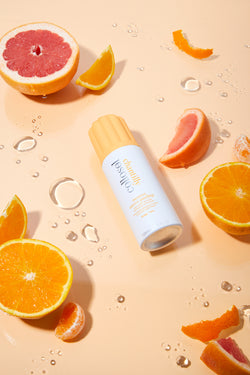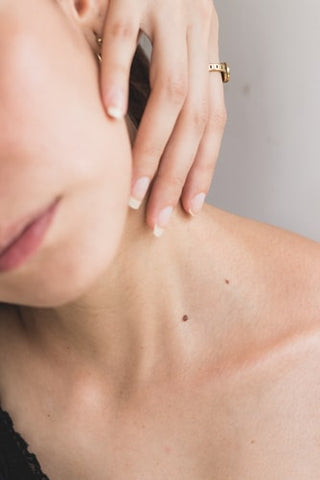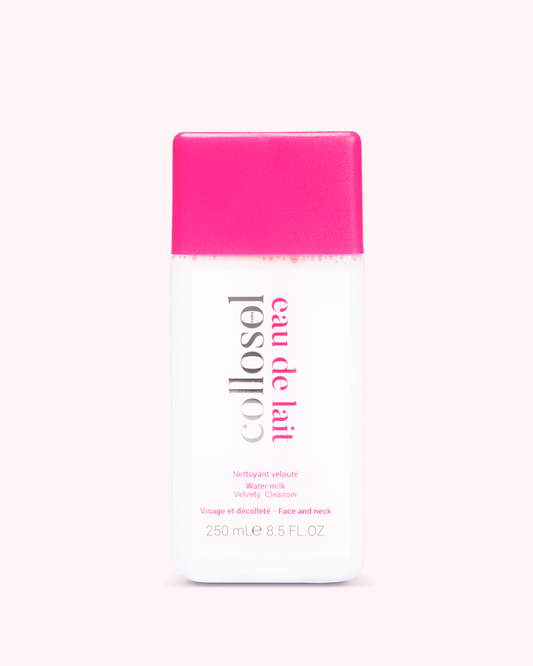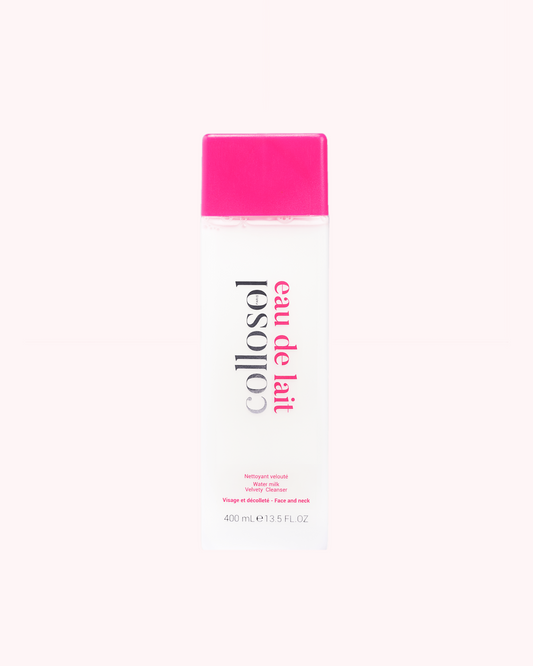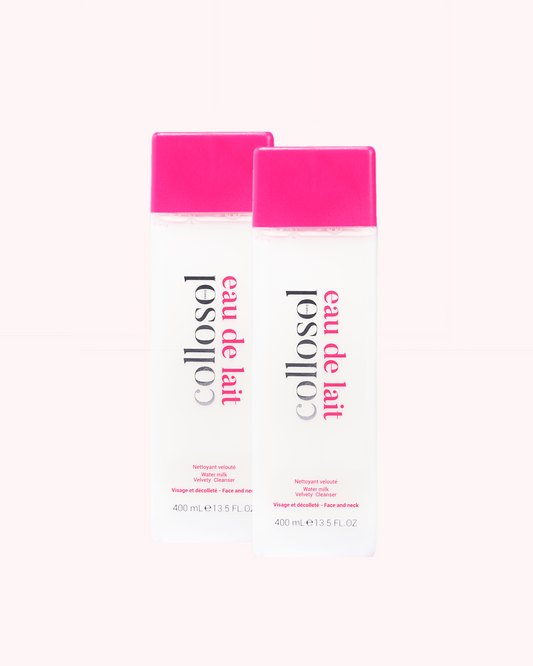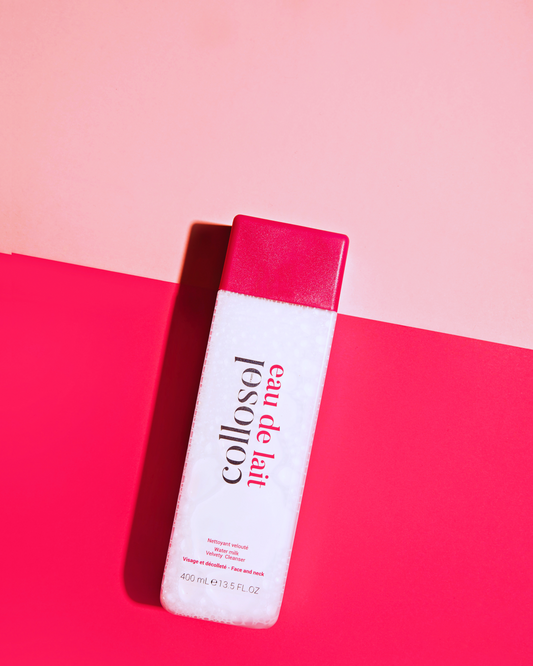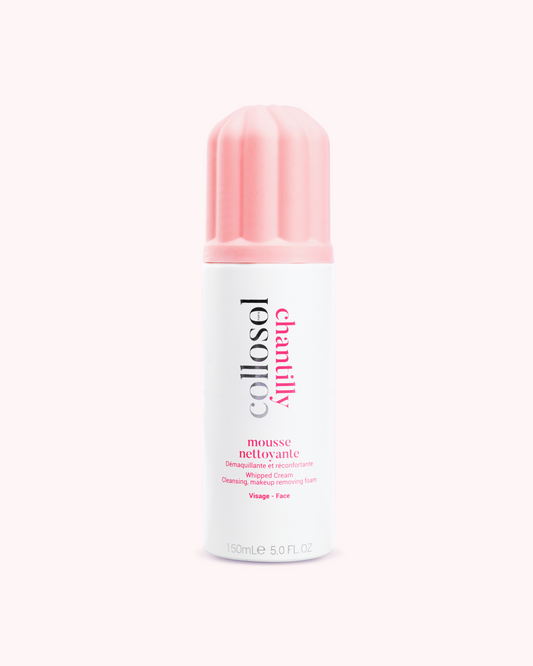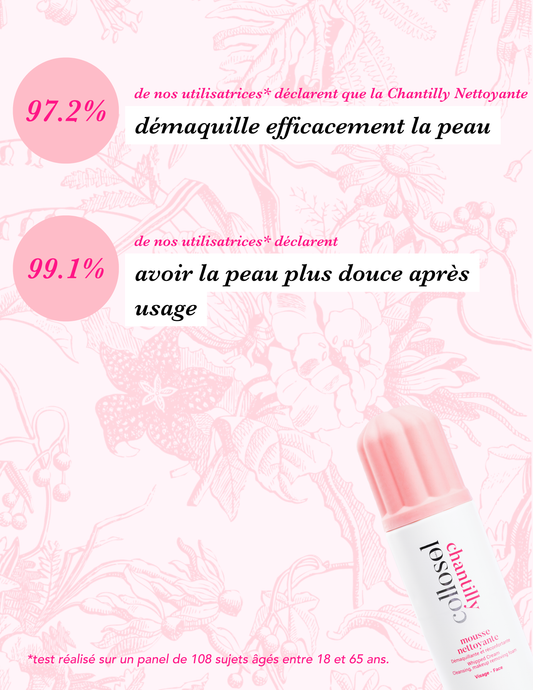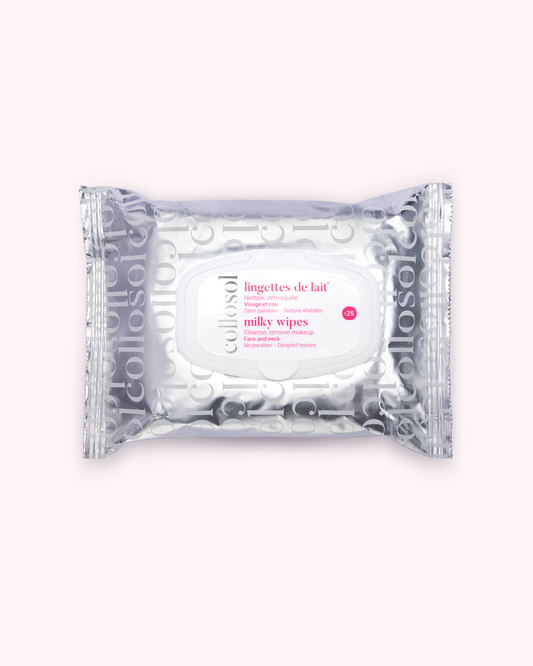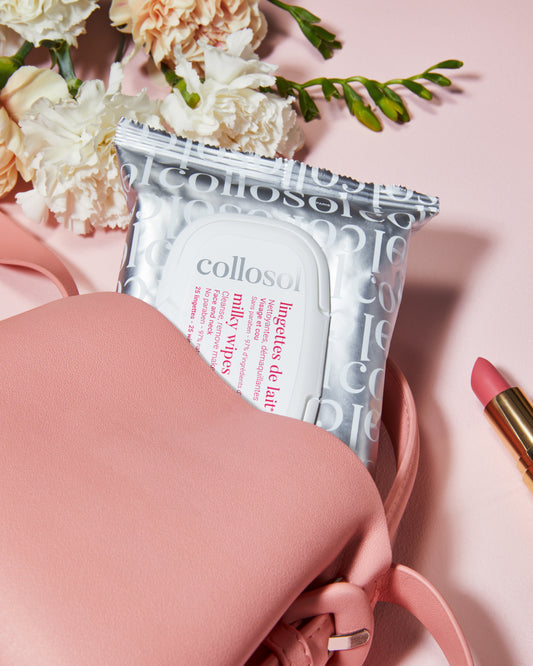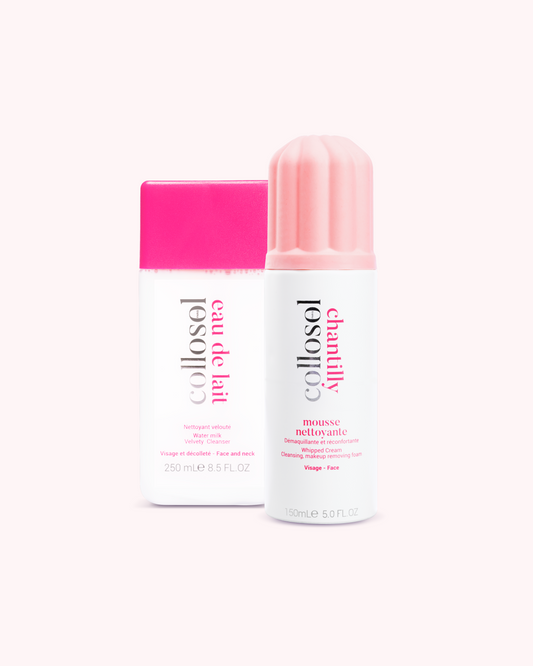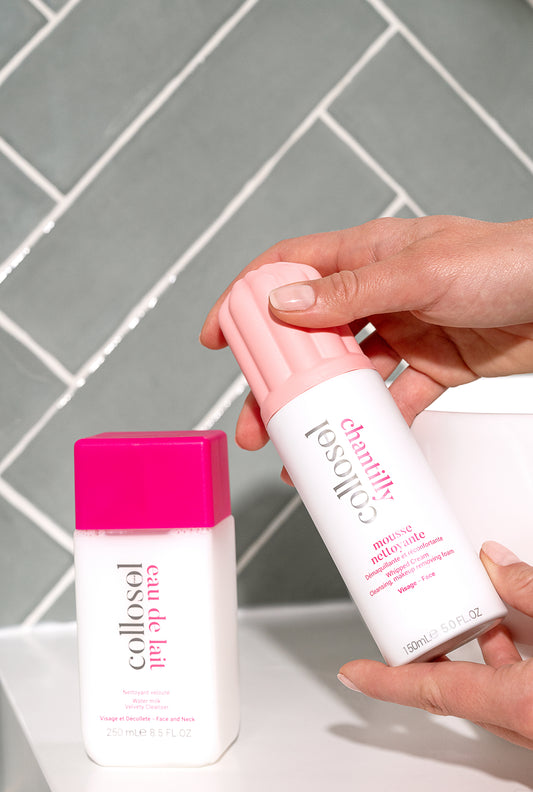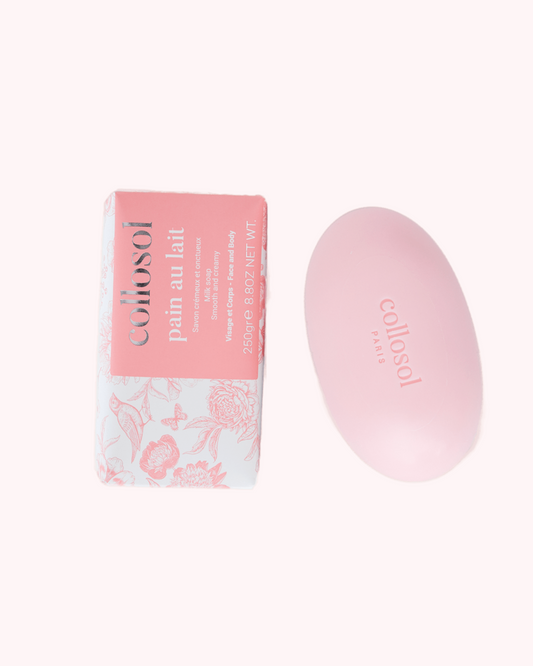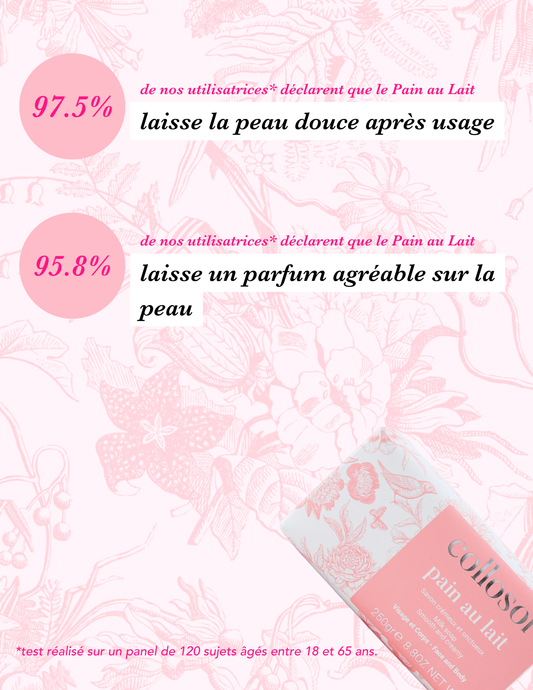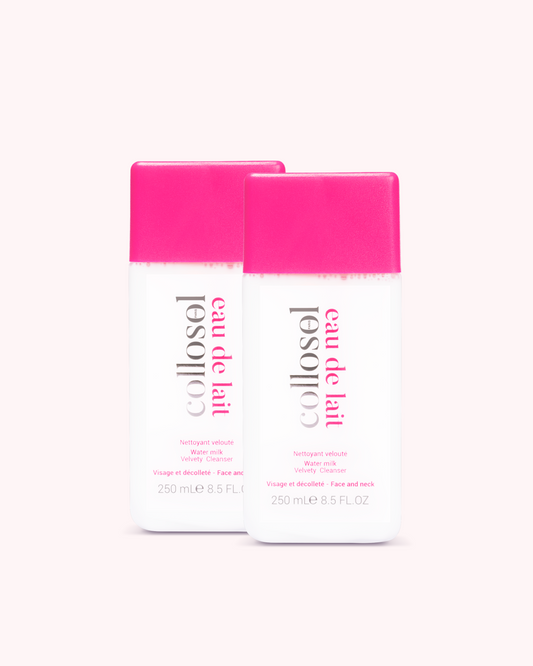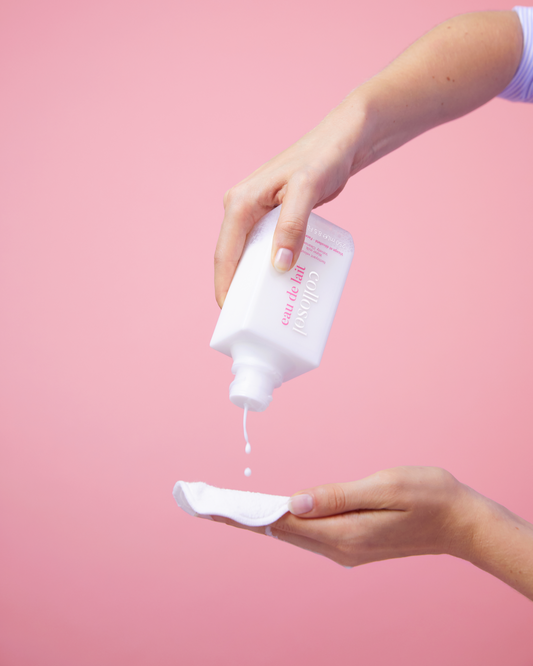How to prevent itchy skin Guide and information 2021
Atopic skin, or itchy skin, is a disease characterized mainly by dry skin, which leads to irritation and itching. Daily skin care is required to prevent this condition. In this article, we will explain how to care for itchy skin and how to get your skin healthy again.
What are the signs of itchy skin?
This skin type has characteristics that demand more intensive skin care practices. Firstly, atopic skin is more sensitive to chemical, physical and emotional aggressions. Secondly, it exhibits severe xerosis (or skin dryness) and an abnormal lipid composition.
Finally, itching on the skin is incredibly easy to trigger, launching a cycle of scratching, inflammation and infection that damages the skin. People with atopic skin must therefore incorporate specific face care habits in their routine.
What factors contribute to itchy skin?
You must eliminate the aggravating factors that make itchy skin worse. First and foremost, avoid heat or excessive sweating, very dry environments and emotional stress or anxiety. Also, avoid exposure to certain chemical substances found in some detergents, soaps, fragrances and cosmetics. Finally, tobacco smoke and dust can also exacerbate the symptoms of atopic skin.
How do you treat itchy skin?
To combat atopic skin, you need to keep your skin hydrated. This requires the use of emollient lotions. It is recommended to use warm water for daily hygiene. Showers are also preferable over baths and should be kept short (no more than 10 to 15 minutes). For optimum efficacy, a hydrating cream must be applied immediately after a shower.
Eczema or irritated skin must also be treated appropriately. Dermatologists have various tools at their disposal, including corticosteroids and even oral treatments for severe cases.
Cleansing is key
Cleansing is essential, even for itchy skin, but you will need to use ultra-gentle cleansing products. Harsh face care products must absolutely be avoided. Start with Collosol Chantilly make-up remover and cleansing foam for deep cleansing that is gentle on your face. Then apply Collosol Eau de Lait lotion.
One benefit of using lotions is that they make the skin more supple and less rough. They also improve skin’s overall appearance and provide a sense of well-being. Plus, they provide some anti-inflammatory effects and reduce the risk of infection.
Itchy skin: the right active ingredients
To soothe atopic skin, you can use certain active ingredients found in hydrating products available on the market or in pharmacies. Although a wide range of active ingredients are available, the most common hydrating agents are urea and glycerin.
In low concentrations, urea is hygroscopic. It creates a barrier effect and stimulates the production of antimicrobial peptides. Glycerin is a lipid (fat) whose main characteristic is its hygroscopic nature. It has an incredible capacity to attract and retain water on the skin for longer periods of time. This enables it to boost moisture and hydration in dry skin.
Soybean oil can also strengthen the skin’s protective barrier by preventing excessive dryness, as it produces intense hydration and rapidly restores essential fatty acids in the skin. It also has antioxidant properties that help increase and maintain the skin’s hydration levels, making it ideal for dry, mature and/or damaged skin.
Avocado oil is another oil found in some lotions indicated for atopic skin. It stimulates skin regeneration. Rich in fatty acids, avocado oil hydrates and nourishes the skin while also helping to maintain and strengthen the cell membrane.
How do you soothe itching?
We have outlined some tips to help you relieve and prevent itching:
- Reduce your consumption of certain foods and drinks (mainly dairy, seafood and alcohol).
- Use air purifiers to reduce allergens (dust mites, pollen and dust).
- Avoid stress which can aggravate atopic skin. Practicing relaxation techniques and sports is recommended to help reduce stress.
- Get enough sleep at night.
- Do not smoke.


